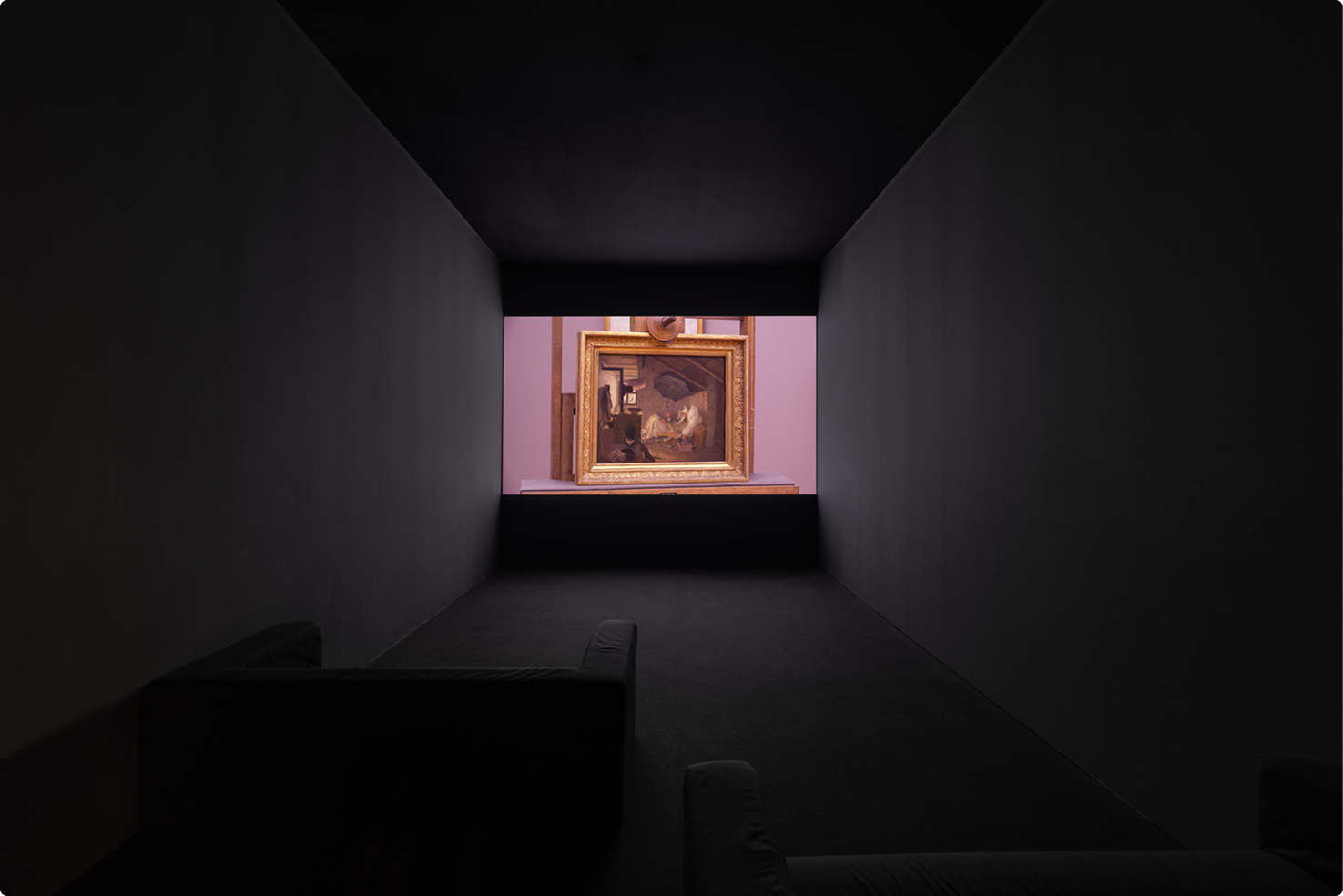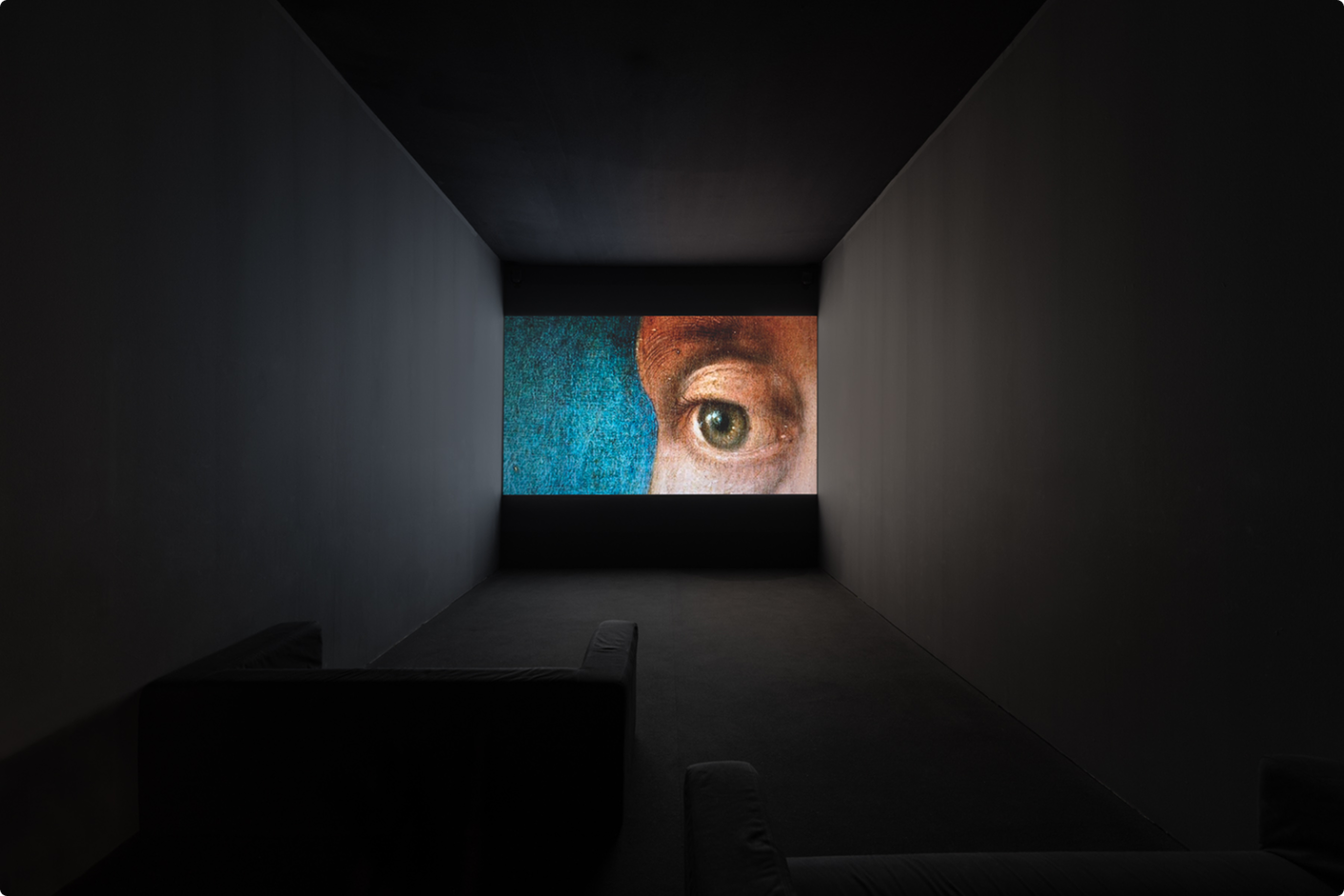A film on growing up with technology and the bonds between human and non-human agents, Love Song is both autobiography and autofiction. The film deals with subjectivity and the realization of the changes that transform the individual and the collective. Love Song departs from my teenage years and an awareness of the body—of the so-called self— as a space where the interior and exterior are confronted, and the layers they engender. The film takes the example of my parents, who dated mostly by correspondence, and the romanticized aspects of their interactions set in late 1960’s fascist Portugal, between immigration (mother) and colonial war (father). Love Song rejects any form of identification. It started as an audio piece, a soundtrack for a film that is still being made and that will grow into something else. It is about the conventions of narrative and how they’ve been manipulated by capital, connecting Romanticism (the movement in the 19th century) and Capitalism (the modern use of the word since the 19th century) and the binary systems fostered by biology and religion, to question forms of production and the changes they generated in Europe and in the West. Love Song tries to address the uses and misuses of the word “love”, and how it is appropriated in neoliberal western societies under an imminent collapse of social and natural systems.
Pedro Barateiro, Love Song, 2023-24, HD, colour, sound, 40 min.
With Adelina Barateiro, Jasmim Barateiro, BLEID, Scúru Fitchádu, Herlander and Maria Reis.
This film was made possible with the support of la Caixa Foundation, Barcelona, Kunsthalle Münster and Contemporânea. All rights reserved to copyright owners.

